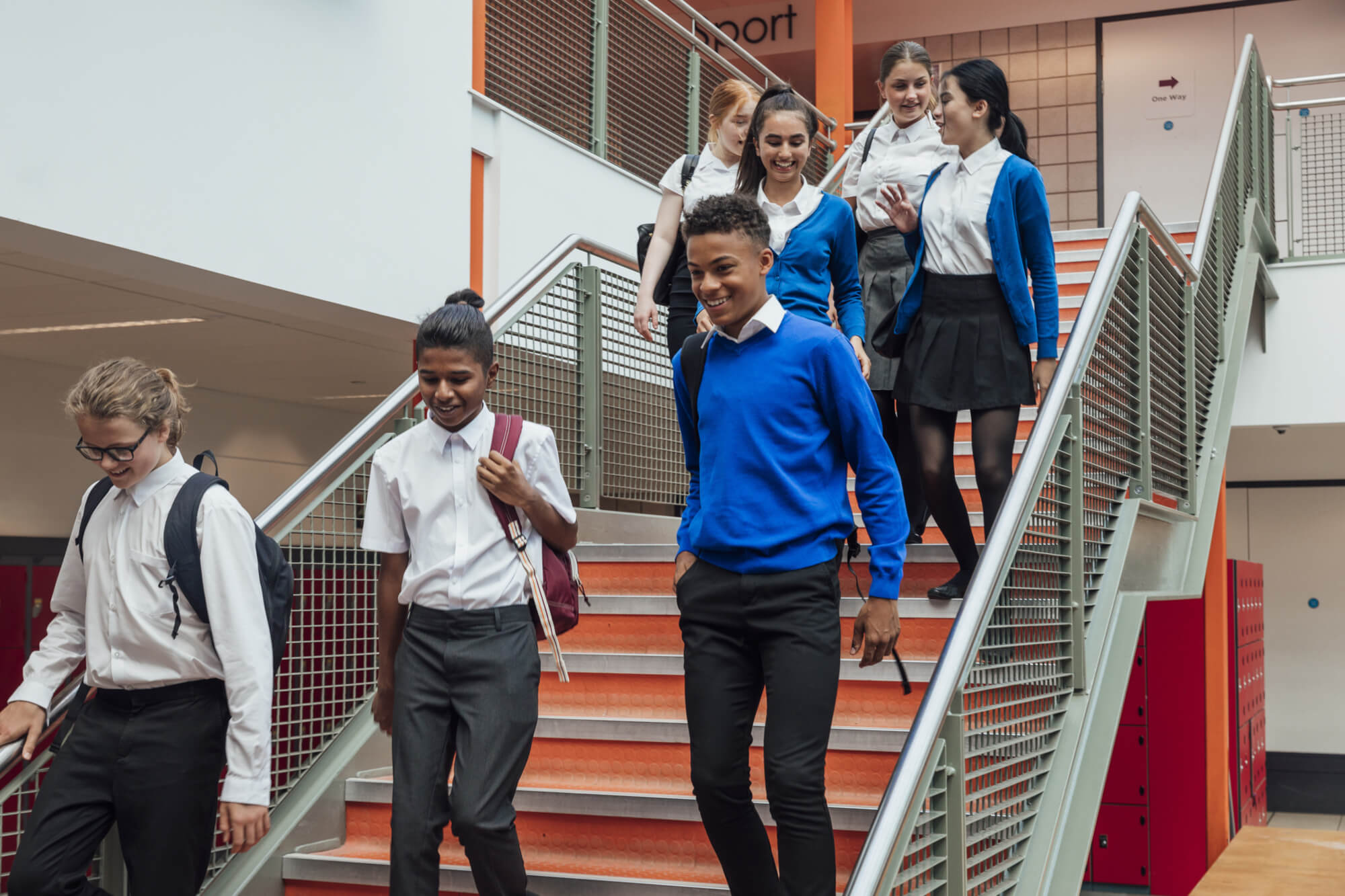Review of the Children's Wellbeing and Education Reform Agenda

Review of the Children’s Wellbeing and Education Reform Agenda
When King Charles III delivered the 2024 King's Speech, the newly elected Labour government unveiled an ambitious plan to 'overhaul' England's education system. Framed as a defining pillar of Sir Keir Starmer's 'national renewal' mission, the programme, led by Education Secretary Bridget Phillipson, promised to rebalance the system around fairness, inclusion, and children's wellbeing.
Over a year on, the key question is: how much real progress has been made in turning this sweeping agenda into measurable change?
The Children's Wellbeing Bill: Progress and Practicalities
At the heart of HM Government's strategy is the Children's Wellbeing Bill, flagship reform of children's social care and education intended to put 'children's happiness, safety and opportunity' at the centre of policy. The goals include stronger safeguarding, free primary breakfast clubs, fairer uniform costs, better regulation of home education, and tougher oversight of unregistered schools, which captured widespread public support.
However, as the points below show, the progress of implementation has been slow.
- The draft bill has completed early consultation stages but has yet to progress through all parliamentary readings, delayed partly by wider legislative congestion and Treasury scrutiny.
- Whilst pilot breakfast club schemes have begun in selected Local Authorities, a national rollout remains pending due to staffing and funding complexities.
- The Ofsted inspection reforms, including new 'report card' models, are still at the prototype stage (implementation November 2025), have received mixed reactions from school leaders. At the forefront of concerns are inspectorate capacity, including consistency of application, and whether the new system will improve information for parents.
- Moves to enforce cooperation between schools and Local Authorities on admissions and SEND inclusion are welcomed however, Local Authority leaders warn of resource shortfalls and a lack of clarity around accountability lines.
In short, whilst the policy direction is clear and in the main endorsed, the machinery of implementation remains in its early stages.
Curriculum and Assessment: Ambition vs. Delivery
HM Government pledged to modernise the national curriculum, to ensure 'broad, knowledge-rich and inclusive' learning. Plans include:
- a new expert-led curriculum and assessment review,
- stronger numeracy standards,
- guaranteed creative or vocational study to age 16,
- and replacement of Ofsted's single grade with a 'report card' system.
So far, the curriculum review panel has been convened, bringing together teachers, employers, and education researchers. Yet, tangible classroom impact is limited, and the review's findings are not expected until mid-2026. Teacher unions have broadly welcomed the inclusive approach, but some worry that without long-term funding and timetable reform, the aims risk becoming symbolic rather than structural.
The proposed regional improvement teams, designed to share best practice and support underperforming schools, are still in pilot phases across three regions. Feedback from early participants has been cautiously positive, citing better peer collaboration but uncertainty about long-term budgets.
Teacher Workforce and Professional Standards
One of HM Government's most deliverable pledges was to recruit 6,500 new teachers, supported by the £450 million raised from removing VAT exemptions for private schools. Recruitment data suggests partial progress: early indications show an uplift in applications to initial teacher training, but retention remains problematic.
Phillipson's re-establishment of the School Support Staff Negotiating Body has been widely praised, giving long-neglected teaching assistants and administrative staff a stronger national voice on pay and conditions. Yet negotiations on national terms are ongoing, and union leaders stress the urgency of multi-year funding settlements to avoid attrition.
Safeguarding, Behaviour and Mental Health Support
The Children's Wellbeing Bill intertwines education with wider child protection, behaviour, and mental health strategies. Funding for mental health support in every school (£175 million) is being distributed via regional health boards, but rollout remains uneven. Some schools report improved access to local mental health teams; others still face waiting lists of several months.
The proposed annual safeguarding and attendance reviews, aimed at curbing off-rolling and exclusion disparities, are still in policy design. Experts warn that while these reviews could drive accountability, schools will need both guidance and capacity to act on their findings.
Fiscal Reality and Delivery Constraints
Phillipson and Starmer have both acknowledged that implementation is constrained by the 'dire fiscal inheritance' left by the previous government. The commitment to fund reforms through VAT on private school fees and closure of non-dom tax loopholes, raising a projected £1.5 billion, has faced legal and administrative delays. Consequently, some initiatives are progressing more slowly than originally signalled in 2024.
Despite this, the Department for Education has maintained a strong narrative of 'delivering early wins where possible', notably expanding early-language interventions in primary schools and piloting breakfast clubs in disadvantaged areas.
Sector Reaction: Optimism Tempered by Realism
School leaders, governors, and unions have responded with cautious optimism. ASCL General Secretary Pepe Di'Iasio praised the government’s emphasis on tackling inequality and supporting vulnerable learners, but warned that funding gaps risk undermining momentum.
While the policy direction aligns closely with the profession's priorities, such as well-being, inclusion, and fair funding, the gap between policy ambition and practical delivery remains the key challenge.
Twelve months into this reform agenda, the HM Government has succeeded in resetting the national conversation about education. The vision, a fair, inclusive system built on well-being and high standards, remains clear and compelling.
Yet, when judged against the question 'How successful has implementation been to date?', the verdict is mixed. The true test of success will come not from the rhetoric of reform but from tangible improvements in children's daily experiences; in classrooms, mental health access, and equitable opportunities.
For now, the education overhaul stands as a work in progress: ambitious, grounded in principle, but still navigating the long road from intention to impact. The key question is to what extent will HM Government translate its education reform blueprint, anchored in the Children's Wellbeing Bill, into consistent, funded, and measurable improvement across England's schools by the 2026 deadline.
Sara Spinks
SSS Author & Former Headteacher
5 November 2025